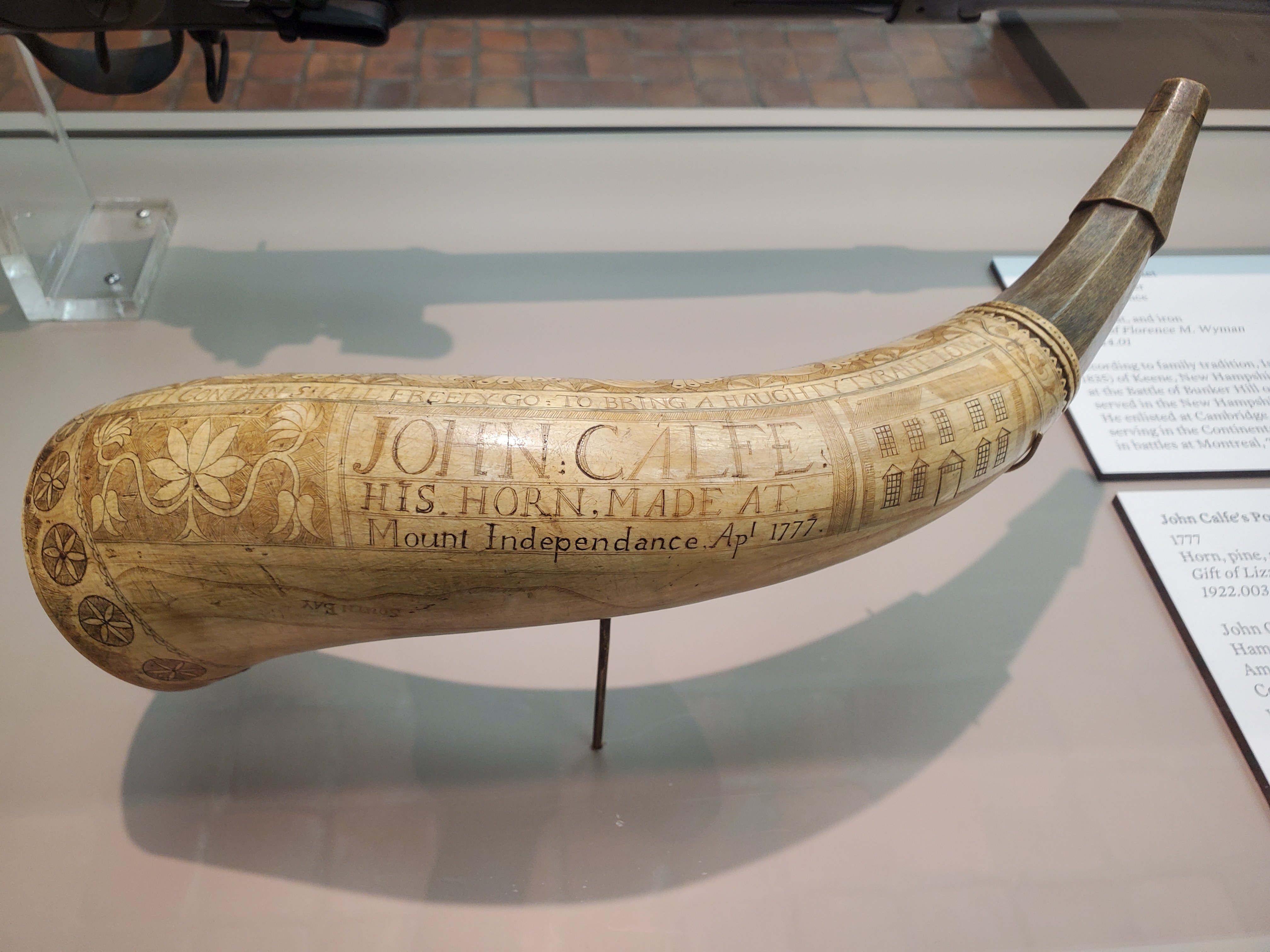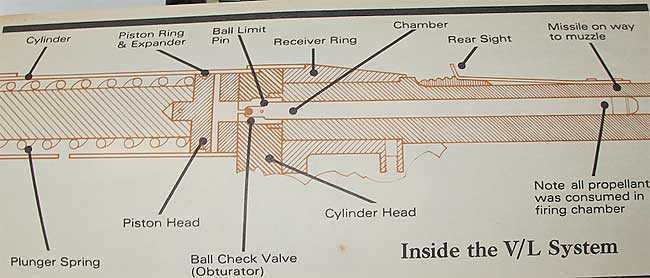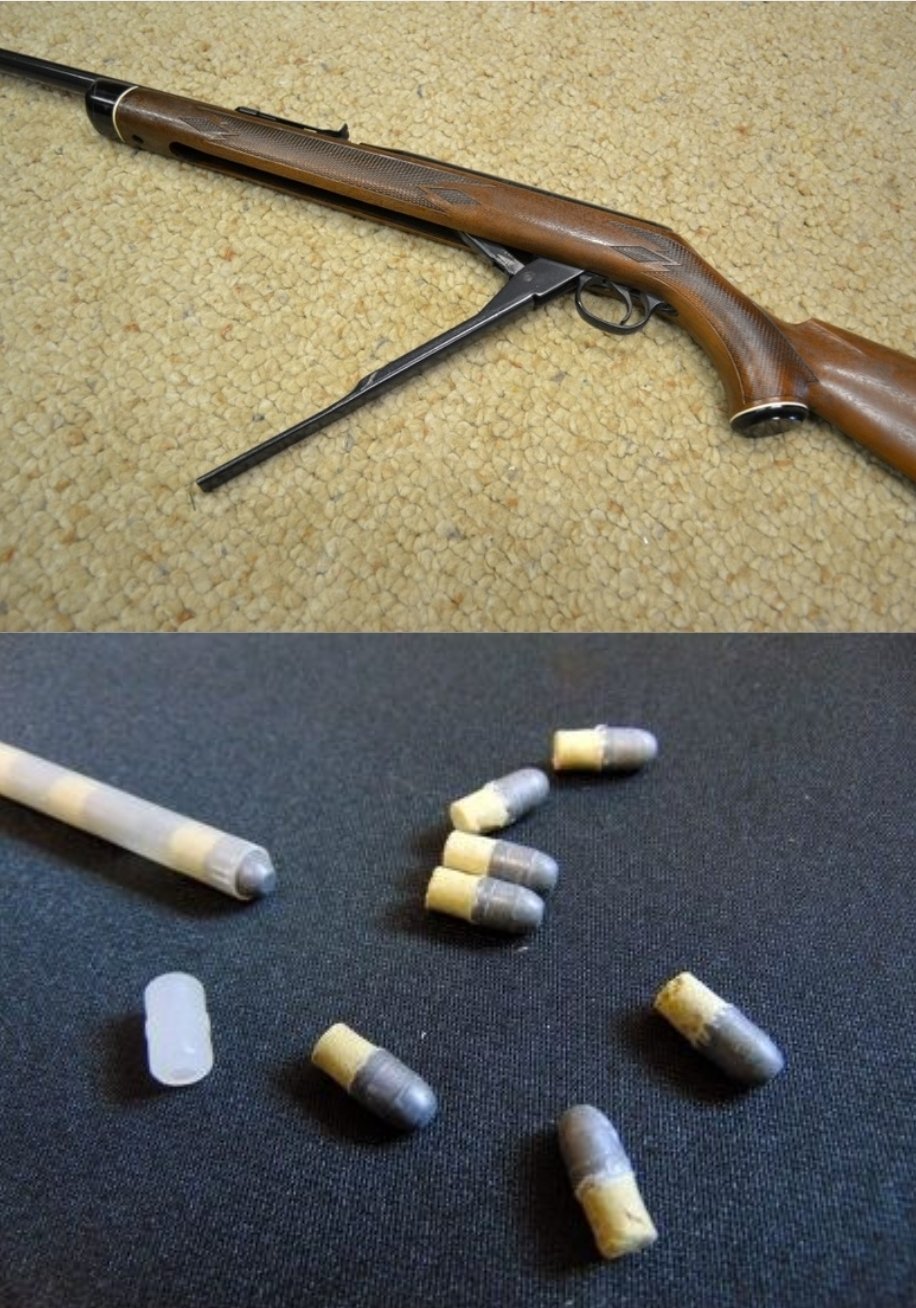It's somewhat strange as a story. Polymer receivers have been around for some time. Being printed doesn't have much market advantage.
Take a shot every time they say countermeasures without giving a concrete example of what from they will take.
Of the videos that have popped up in my algorithm I haven't seen any Canada hate. If anything maybe some Mexico hate, he had a video essentially asking for a NAFTA 3.0 where we kick Mexico out of the deal so they don't drag down US-CA relations w/ border politics. But half of his videos seem to be more on culture things like food or flags. Are there any particular anti-canada vids you have in mind?
Can't comment on the fake accent though never met him. Could be an act.
Assuming you're from Canada based on the .CA and says provinces (vs oblasts, cantons, or some other regional division), I would point at the interprovincial trade barriers.
Makes a sense in a pre-industrial pre-citizenship world. The broad idea is that you establish that the people voting on things are members of the community to be impacted. That way you don't have transient people impacting the outcomes of elections.
The real question is why the hell is a governor engaging in international trade or diplomacy? Art. 1 Sec 8.
You realize that between the states the US has all of those?
This was my understanding as well
College students can be eligible for SNAP & HUD.
Douglas establishes it is more than just the memes to this person.
Well said. A sober look at the lives of these people often reveals a sad truth.




In 21/50 you need a license.